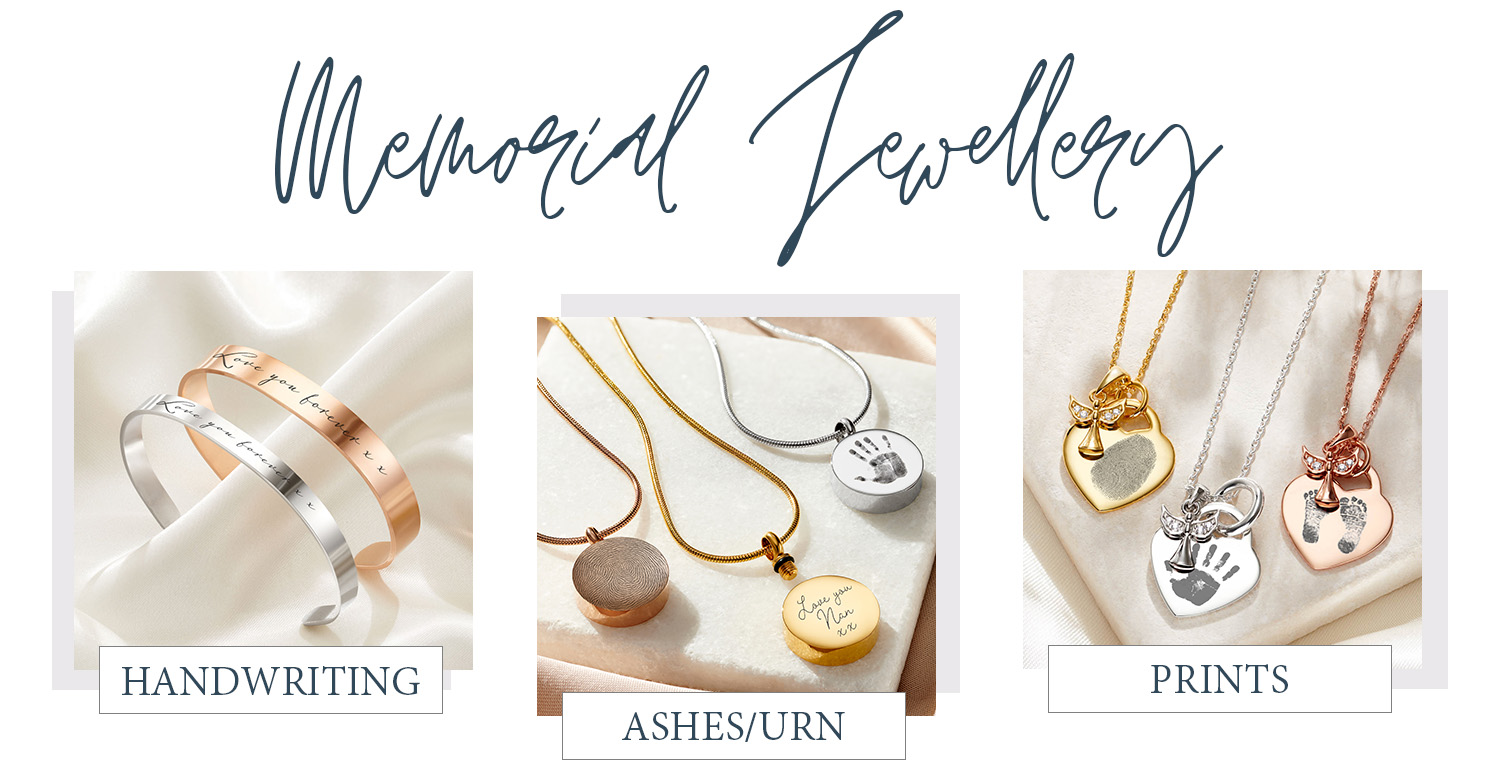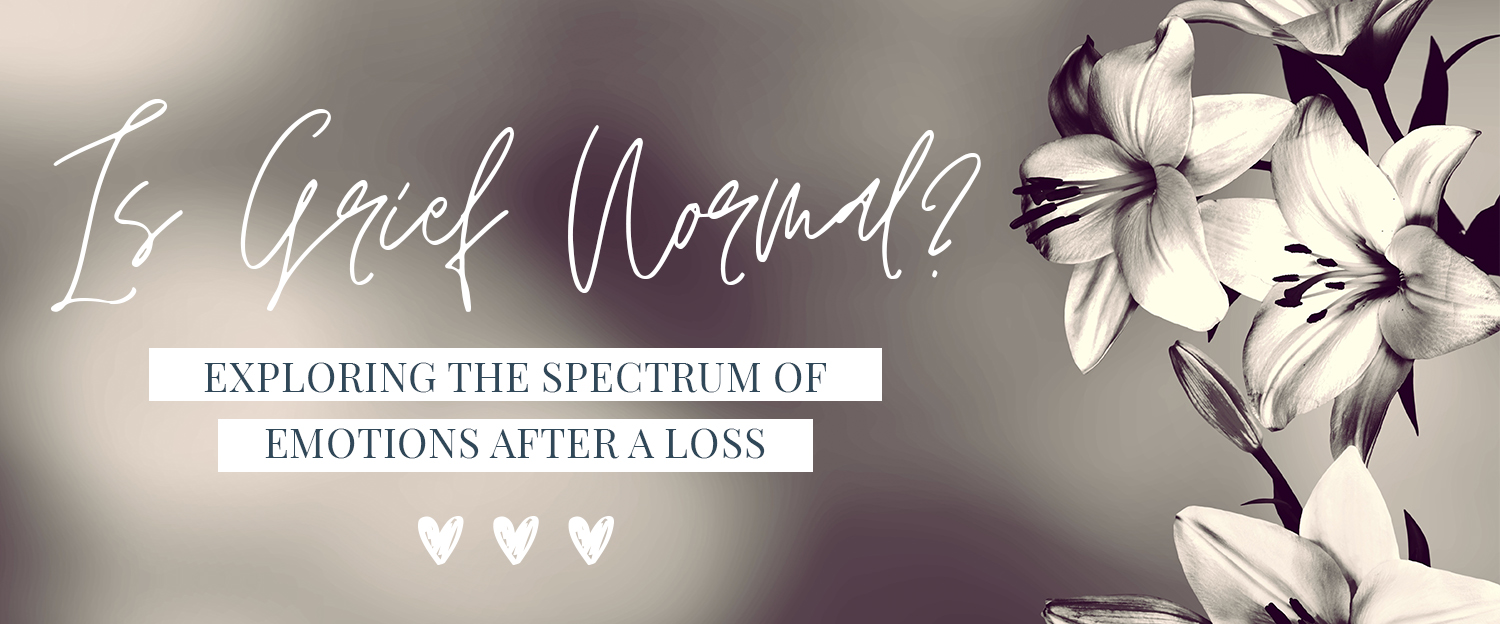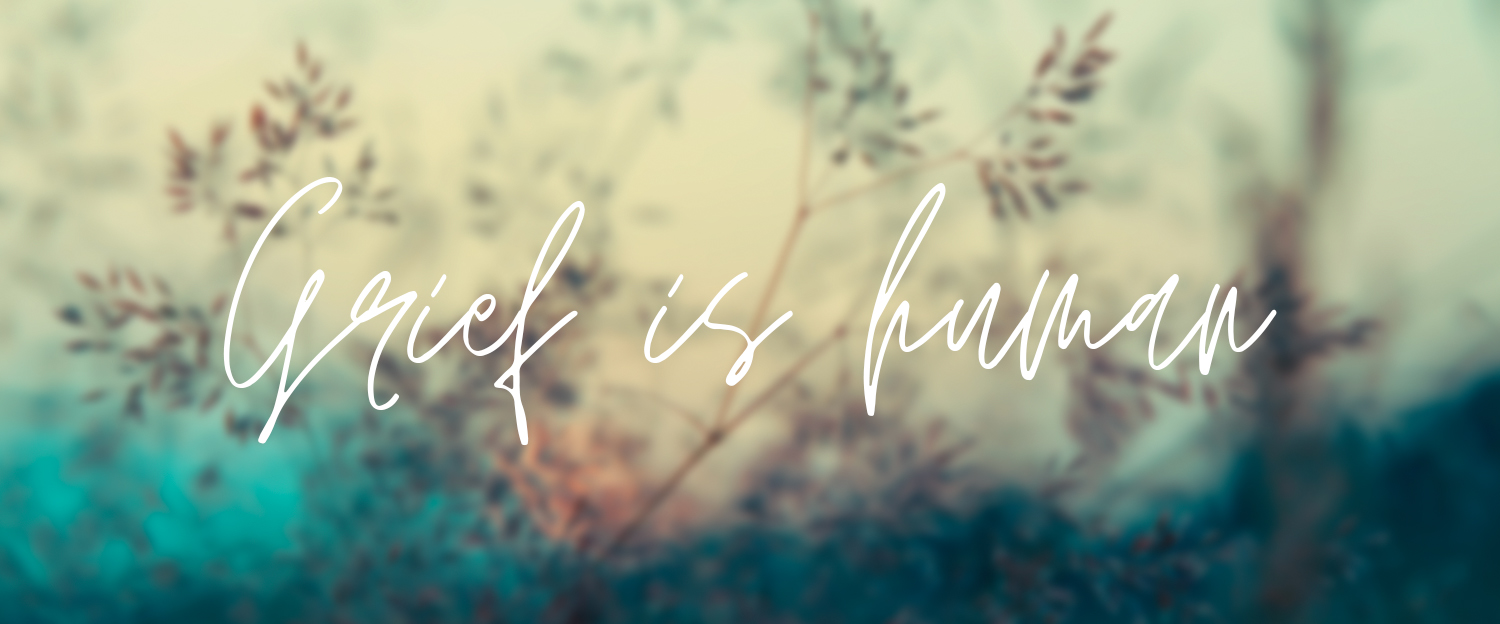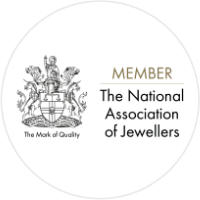 Grief is a journey of the heart and soul, a landscape marked by profound emotions and transformative experiences. However, it is essential to recognise that grief’s effects are not confined to the emotional realm alone. The intricate tapestry of grief can weave its threads deep into our physical bodies, leaving imprints that deserve our understanding and compassion. In this contemplative exploration, we delve into the often overlooked terrain of the physical effects of grief. By understanding the intricate connection between heart and body, we can navigate this terrain with grace and acknowledge the profound ways in which grief shapes our very being.
Grief is a journey of the heart and soul, a landscape marked by profound emotions and transformative experiences. However, it is essential to recognise that grief’s effects are not confined to the emotional realm alone. The intricate tapestry of grief can weave its threads deep into our physical bodies, leaving imprints that deserve our understanding and compassion. In this contemplative exploration, we delve into the often overlooked terrain of the physical effects of grief. By understanding the intricate connection between heart and body, we can navigate this terrain with grace and acknowledge the profound ways in which grief shapes our very being.
 The Body as the Echo of the Heart:
The Body as the Echo of the Heart:
Grief is a symphony of emotions that resonates through our entire being, including our physical bodies. The connection between heart and body is undeniable, and as memorial jewellery specialists, we have witnessed firsthand how grief manifests in myriad ways. From the heaviness in one’s chest to the knots that tighten in the stomach, the body echoes the emotional turmoil that accompanies loss. It is vital to honour these physical signals as an integral part of the grief journey.
 Sleep Disruptions and Fatigue:
Sleep Disruptions and Fatigue:
Grief can cast a shadow over our sleep, leading to disruptions in restorative rest. The weight of sorrow can create restless nights, leaving individuals fatigued and drained during the day. As grief specialists, we emphasise the importance of prioritising sleep hygiene and self-care. Engaging in relaxation techniques, creating a calming bedtime routine, and seeking solace in mindfulness practices can help mitigate the sleep disturbances that often accompany grief.
 Immune System Vulnerability:
Immune System Vulnerability:
Grief places a strain not only on the heart but also on the immune system. The stress that accompanies loss can weaken the body’s defense mechanisms, leaving individuals more susceptible to illnesses. A holistic approach to self-care becomes crucial during this time. Nourishing the body with a balanced diet, engaging in regular physical activity, and ensuring adequate rest can fortify the immune system and support overall well-being.
 Aches, Pains, and Tension:
Aches, Pains, and Tension:
Grief can manifest as physical discomfort, with aches, pains, and tension weaving their way into our muscles. The weight of sorrow often finds a home in the shoulders, neck, and back, resulting in physical discomfort. We encourage individuals to explore practices such as yoga, gentle stretching, or massage therapy. These modalities can help release physical tension while fostering a sense of connection between the body and emotions.
 Appetite Changes:
Appetite Changes:
Loss can create disruptions in appetite, leading to either overeating or a loss of interest in food. It is important to approach this aspect of grief with self-compassion. Gently nourishing the body with wholesome foods and staying hydrated is essential, even if appetite wavers. We emphasise that nourishing the body is a way of honouring the self and acknowledging the toll that grief takes on physical well-being.
 Breath-work and Emotional Release:
Breath-work and Emotional Release:
Our breath is a bridge between body and emotions. There are a number of breath-work techniques available to help guide you through practices that encourage deep, intentional breathing. This not only supports the body’s physiological response to stress but also facilitates emotional release. Mindful breath-work offers a tool to navigate the intricate dance between the body’s physical responses and the waves of grief.
 Cultivating Gentle Movement:
Cultivating Gentle Movement:
Engaging in gentle movement, such as walking, swimming, or tai chi, can offer respite for both body and soul. We encourage you to explore these forms of movement, allowing the body to release tension while providing moments of introspection. These activities become a sanctuary where emotions can flow freely, enabling a harmonious dialogue between the body’s physical sensations and the emotional landscape of grief.
Grief’s effects are vast, encompassing emotional, spiritual, and physical dimensions of our being. As grief specialists, we hold a deep reverence for the interconnectedness of these aspects. Understanding the physical effects of grief is not about pathologising the experience but about embracing the totality of the journey. By nurturing the body with self-compassion, engaging in practices that promote well-being, and seeking support when needed, individuals can traverse the physical terrain of grief with resilience and grace. As we honour the body’s responses, we deepen our capacity to navigate grief’s intricate landscape and embark on a path of healing that encompasses every facet of our being.
We’ve had the privilege of witnessing the profound impact these pieces can have on the grieving process. As memorial jewellery specialists, we have the unique opportunity to connect with individuals during their most vulnerable moments. We hear their stories, share their tears, and understand the weight of their grief. It is with a deep sense of purpose that we offer our clients more than just exquisite pieces of jewellery; we extend a compassionate hand and a listening ear. Through these conversations, We’ve learned of the struggles, the sleepless nights, and the ache that accompanies the journey of grief. And it is precisely because of these shared moments that we are committed to offering our wonderful clients as much bereavement support as we can.
We want to make the path a little more bearable, a touch less lonely. To our clients, please know that you are not alone. We stand beside you, providing not only timeless treasures but also a source of understanding and comfort as you navigate this challenging terrain. Your stories resonate deeply with us, and we are here to hold space for you, offering guidance, empathy, and a reminder that, together, we can find the strength to heal.
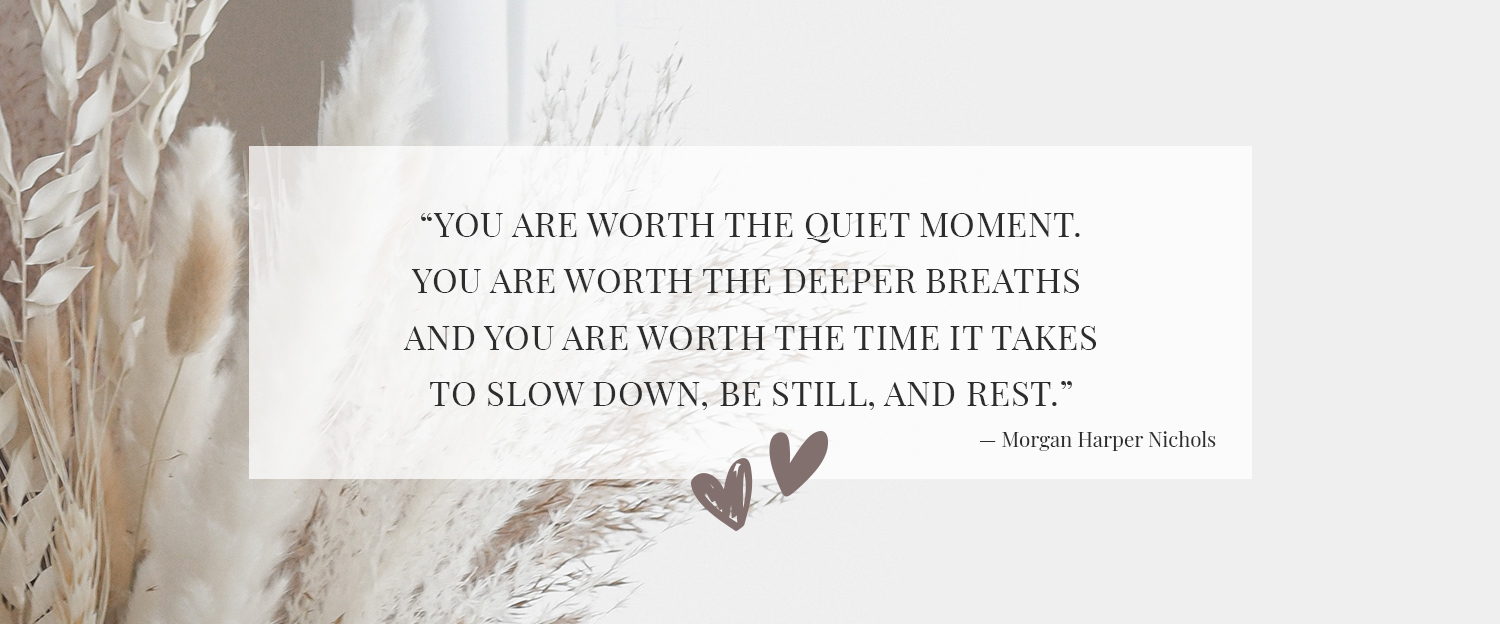
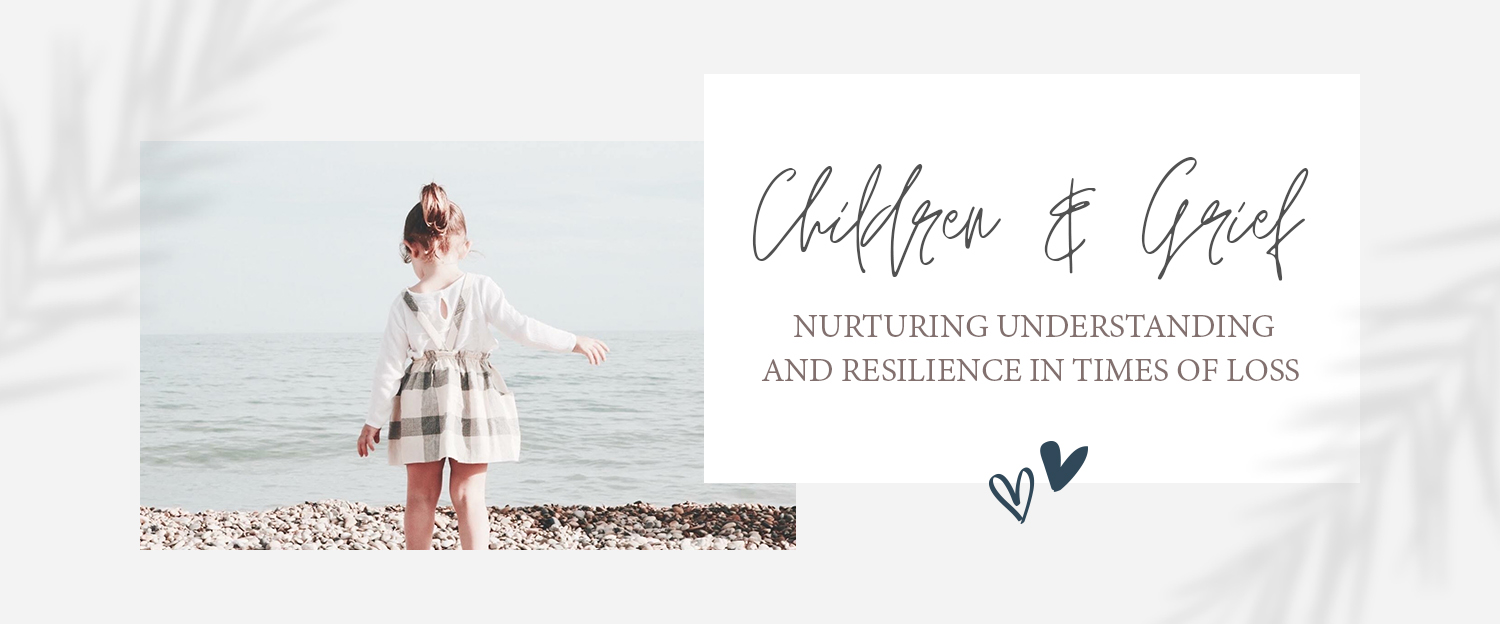 Life’s journey includes both moments of joy and sorrow, and for children, navigating the complex emotions of grief can be especially challenging. As parents, guardians, and caregivers, it is our responsibility to guide them through this delicate process. In this blog, we delve into the world of children and grief, exploring strategies to help young hearts comprehend, cope, and heal when faced with the loss of a loved one. By providing the right support and nurturing understanding, we can empower children to develop resilience and navigate the path of grief with compassion.
Life’s journey includes both moments of joy and sorrow, and for children, navigating the complex emotions of grief can be especially challenging. As parents, guardians, and caregivers, it is our responsibility to guide them through this delicate process. In this blog, we delve into the world of children and grief, exploring strategies to help young hearts comprehend, cope, and heal when faced with the loss of a loved one. By providing the right support and nurturing understanding, we can empower children to develop resilience and navigate the path of grief with compassion. Creating a Safe Space for Expression:
Creating a Safe Space for Expression: Using Age-Appropriate Language:
Using Age-Appropriate Language: Answering Questions Honestly:
Answering Questions Honestly: Incorporating Creative Outlets:
Incorporating Creative Outlets:
 Encouraging Rituals and Remembrance:
Encouraging Rituals and Remembrance: Seeking Professional Support:
Seeking Professional Support: Fostering Resilience and Coping:
Fostering Resilience and Coping: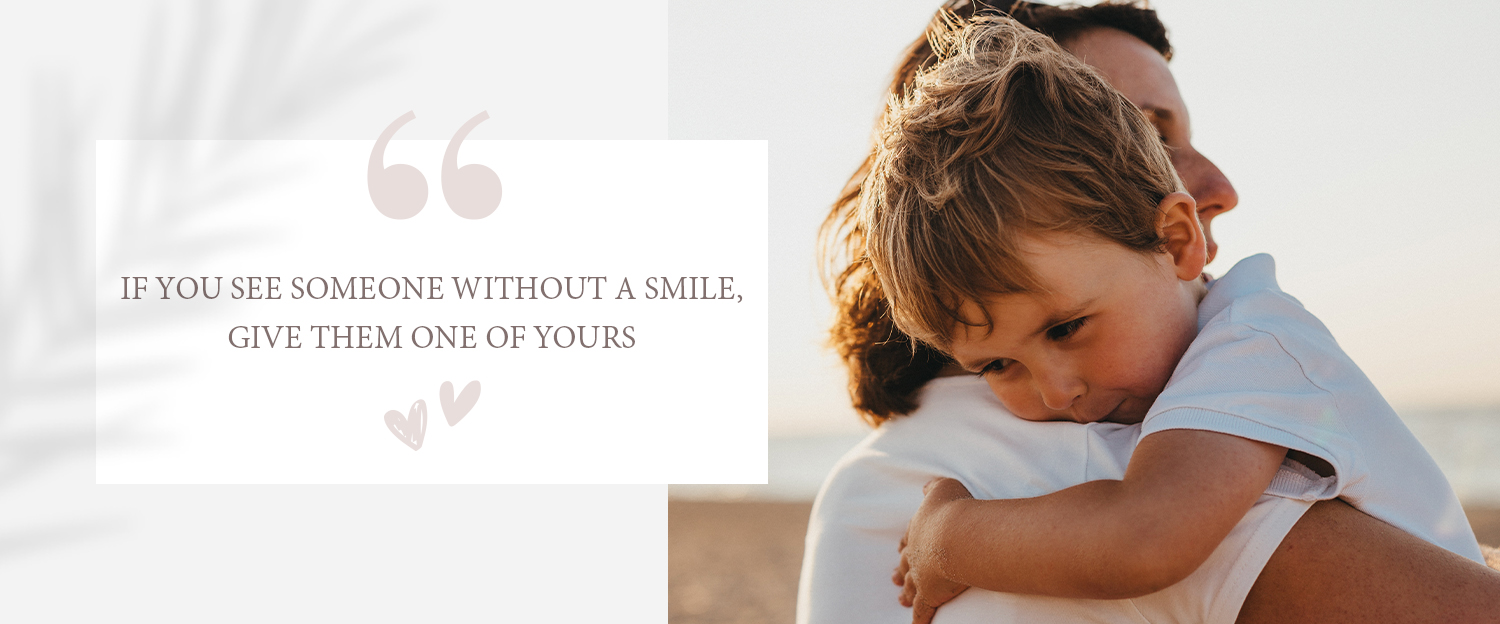
 Grief is an intricate and profoundly personal journey, one that extends far beyond our emotional realm. While we often associate grief with intense feelings of sadness and loss, its impact on our physical well-being is equally significant and deserves our attention. In this blog, we will explore the complex and sometimes subtle ways in which grief affects our bodies. From sleep disturbances and immune system changes to muscle tension and appetite fluctuations, we will delve into the multifaceted relationship between grief and our physical health. Additionally, we will touch upon the therapeutic benefits of memorial jewellery, a profound source of comfort in the grieving process.
Grief is an intricate and profoundly personal journey, one that extends far beyond our emotional realm. While we often associate grief with intense feelings of sadness and loss, its impact on our physical well-being is equally significant and deserves our attention. In this blog, we will explore the complex and sometimes subtle ways in which grief affects our bodies. From sleep disturbances and immune system changes to muscle tension and appetite fluctuations, we will delve into the multifaceted relationship between grief and our physical health. Additionally, we will touch upon the therapeutic benefits of memorial jewellery, a profound source of comfort in the grieving process. The Body’s Reaction to Grief:
The Body’s Reaction to Grief: Immune System Vulnerability:
Immune System Vulnerability: Aches, Pains, and Muscle Tension:
Aches, Pains, and Muscle Tension: Appetite Changes:
Appetite Changes: Breath-work and Emotional Release:
Breath-work and Emotional Release: Balancing Physical and Emotional Well-Being:
Balancing Physical and Emotional Well-Being:
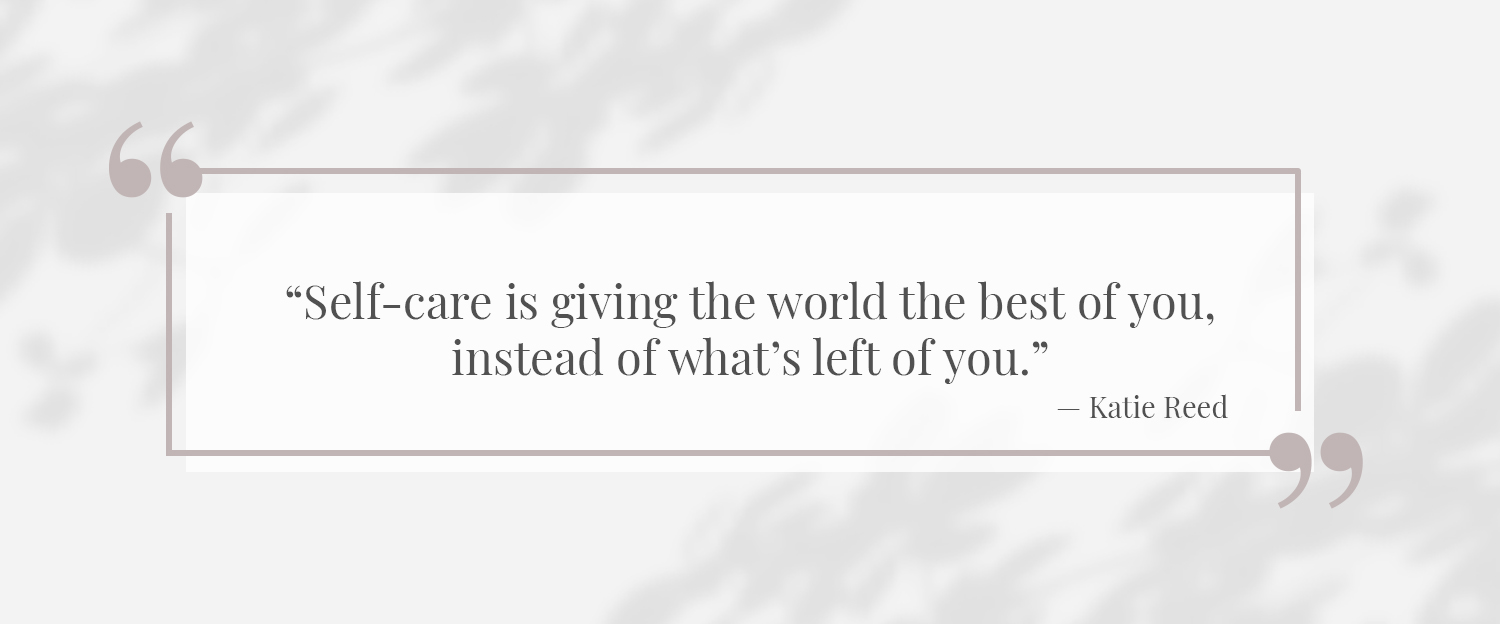
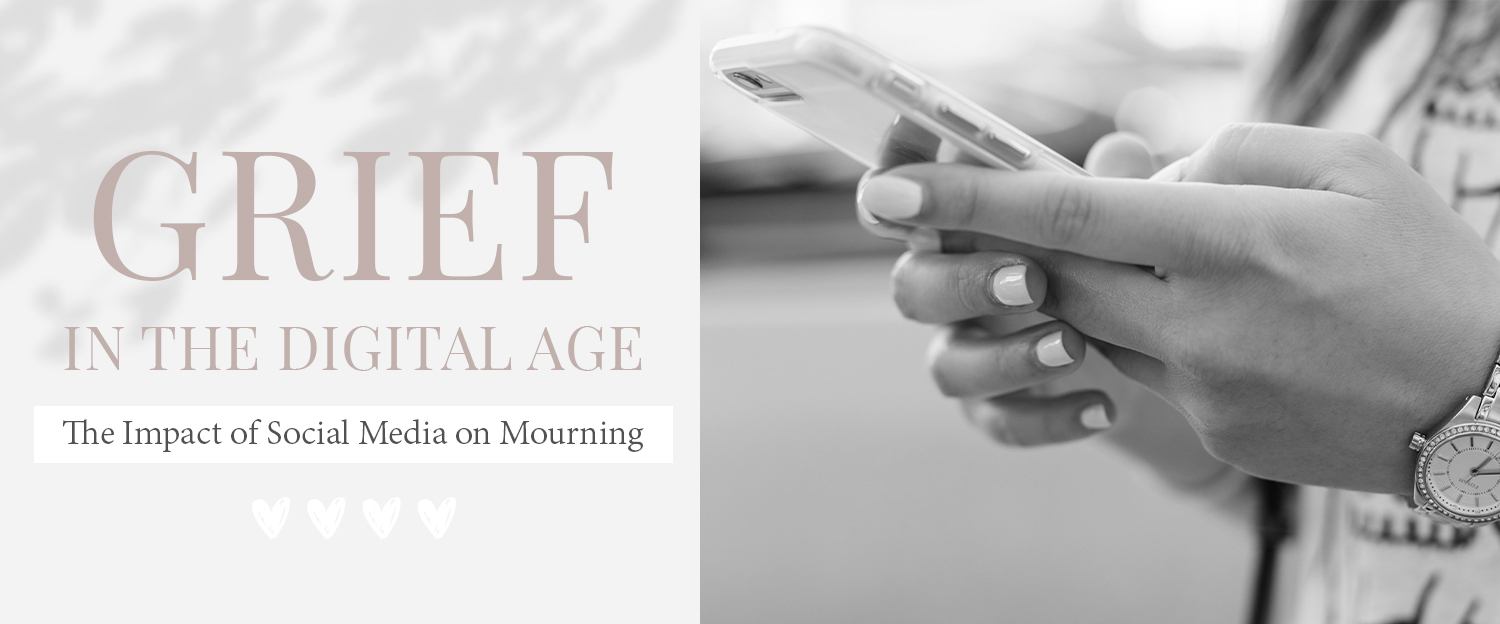 The digital age has ushered in an era of unprecedented connectivity, transforming the way we communicate, share, and express ourselves. While technology has brought numerous benefits, it has also introduced new complexities, particularly when it comes to the experience of grief. In this blog post, we will explore the profound impact of social media and technology on the mourning process. We will delve into the ways in which digital platforms have reshaped the way we grieve, the challenges they present, and the opportunities they offer for healing and connection.
The digital age has ushered in an era of unprecedented connectivity, transforming the way we communicate, share, and express ourselves. While technology has brought numerous benefits, it has also introduced new complexities, particularly when it comes to the experience of grief. In this blog post, we will explore the profound impact of social media and technology on the mourning process. We will delve into the ways in which digital platforms have reshaped the way we grieve, the challenges they present, and the opportunities they offer for healing and connection. The Digital Footprint of Grief:
The Digital Footprint of Grief: The Virtual Memorial:
The Virtual Memorial: The Paradox of Permanence:
The Paradox of Permanence: Grief Support Communities:
Grief Support Communities: Memorialising Through Technology:
Memorialising Through Technology: The Challenges of Disconnection:
The Challenges of Disconnection: Balancing Digital and Physical Mourning:
Balancing Digital and Physical Mourning: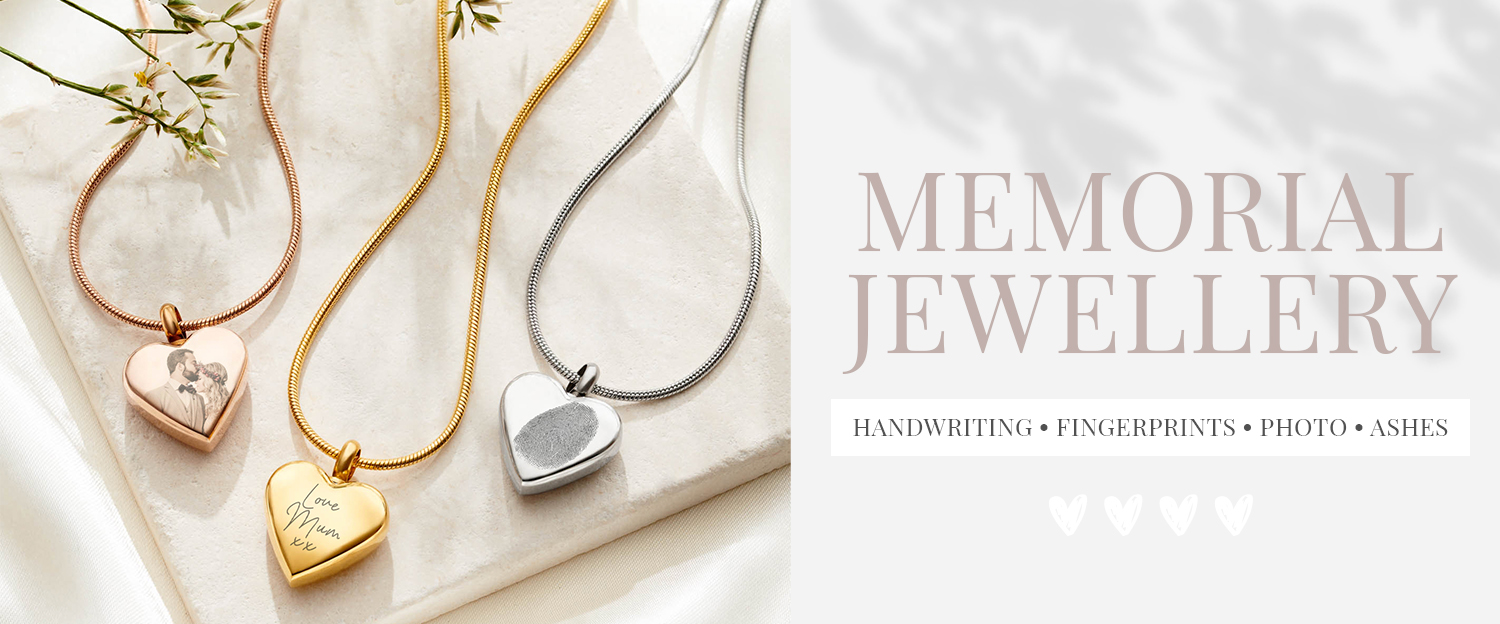
 Life can be unpredictable, and when unexpected loss strikes, it can feel like the ground beneath us has crumbled. Coping with sudden tragedies is an arduous journey that demands resilience, compassion, and support. In this blog, we will explore strategies for navigating the turbulent waters of unexpected loss and finding strength amidst the storm. Remember, you are not alone in this journey, and with time and the right coping mechanisms, healing is possible.
Life can be unpredictable, and when unexpected loss strikes, it can feel like the ground beneath us has crumbled. Coping with sudden tragedies is an arduous journey that demands resilience, compassion, and support. In this blog, we will explore strategies for navigating the turbulent waters of unexpected loss and finding strength amidst the storm. Remember, you are not alone in this journey, and with time and the right coping mechanisms, healing is possible. Embracing Vulnerability:
Embracing Vulnerability: Finding Solace in Support:
Finding Solace in Support: Practicing Self-Compassion:
Practicing Self-Compassion:
 Embracing Grief Rituals:
Embracing Grief Rituals: Finding Purpose in Pain:
Finding Purpose in Pain:

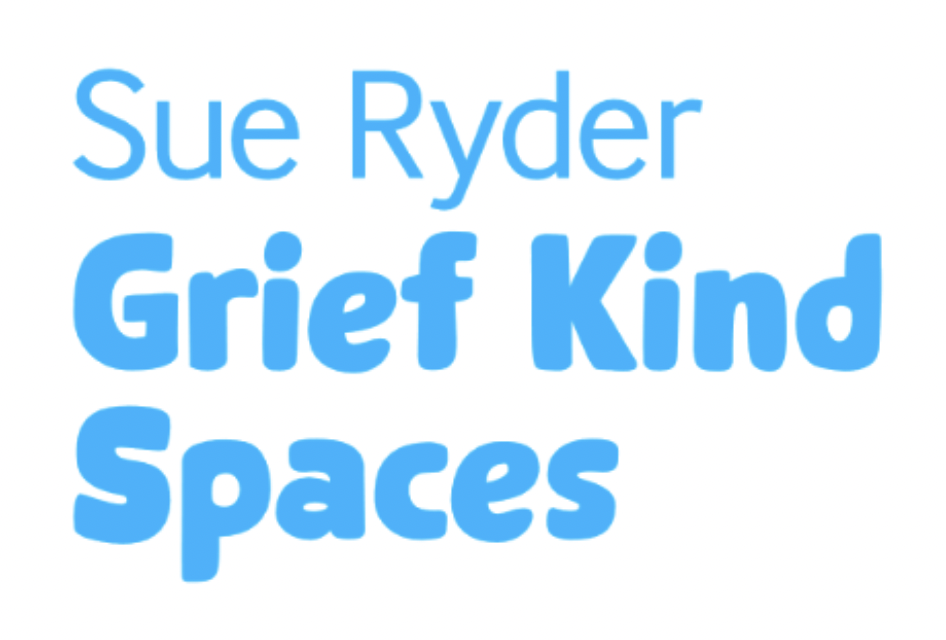 “Many people affected by grief just want to talk”: an update from our partner, Sue Ryder
“Many people affected by grief just want to talk”: an update from our partner, Sue Ryder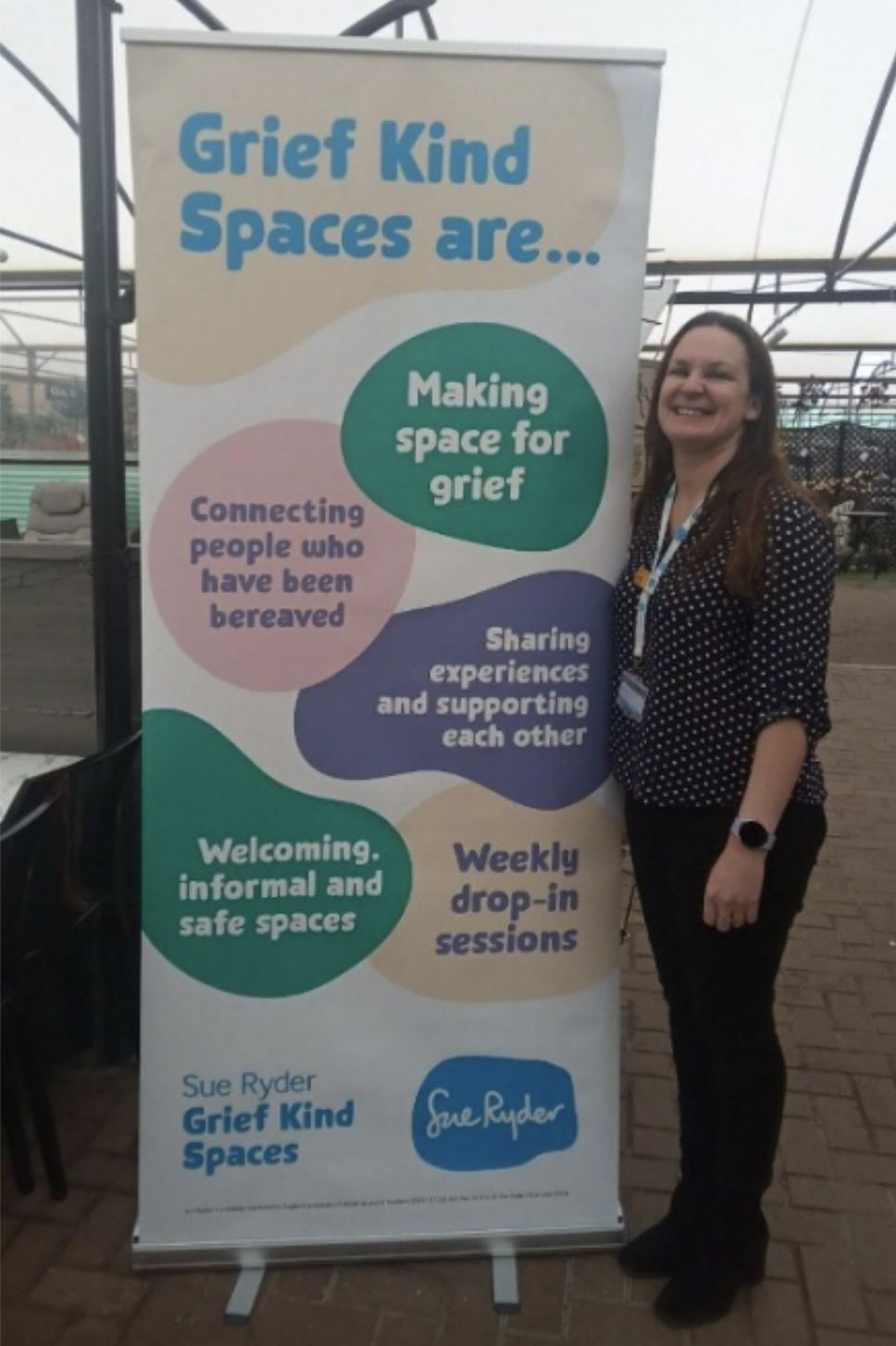 Grief Kind Spaces are weekly drop-in sessions held in the local community, which are designed to provide a safe, inclusive and supportive place for grieving people to come together in person and share their feelings and experiences, helping them to feel heard and less alone.
Grief Kind Spaces are weekly drop-in sessions held in the local community, which are designed to provide a safe, inclusive and supportive place for grieving people to come together in person and share their feelings and experiences, helping them to feel heard and less alone.














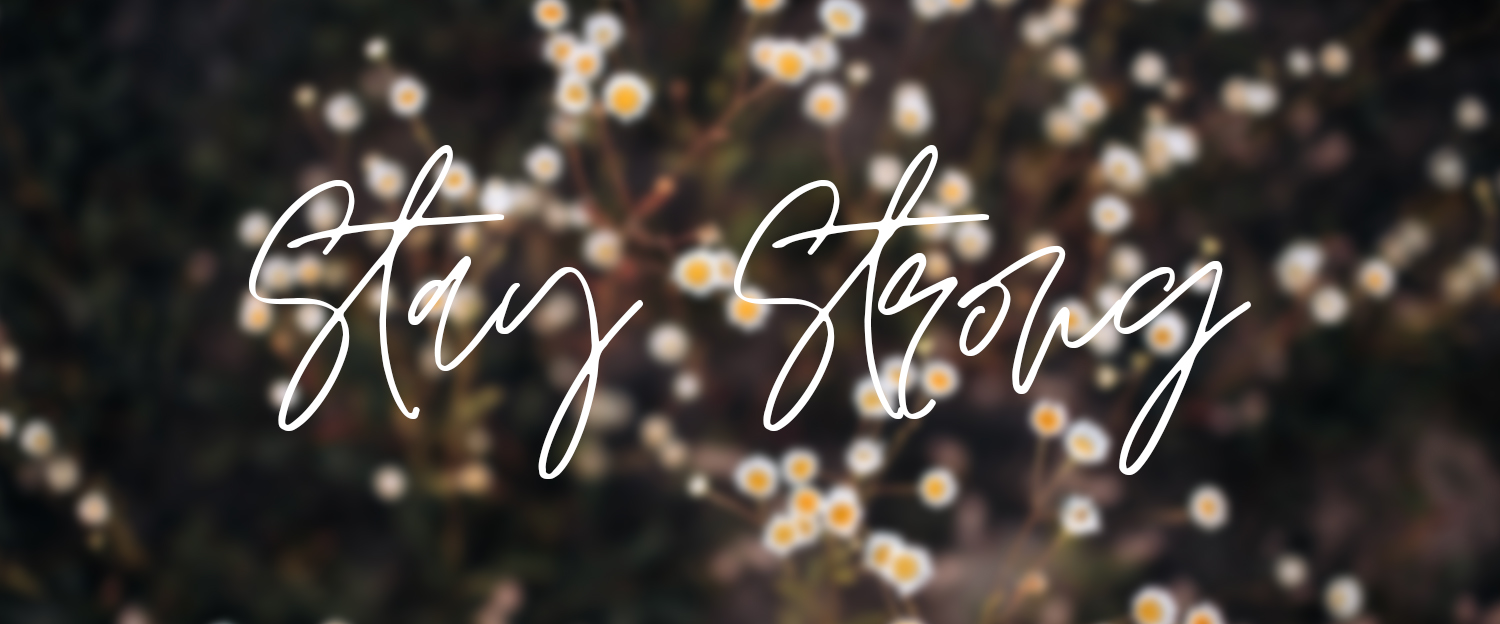
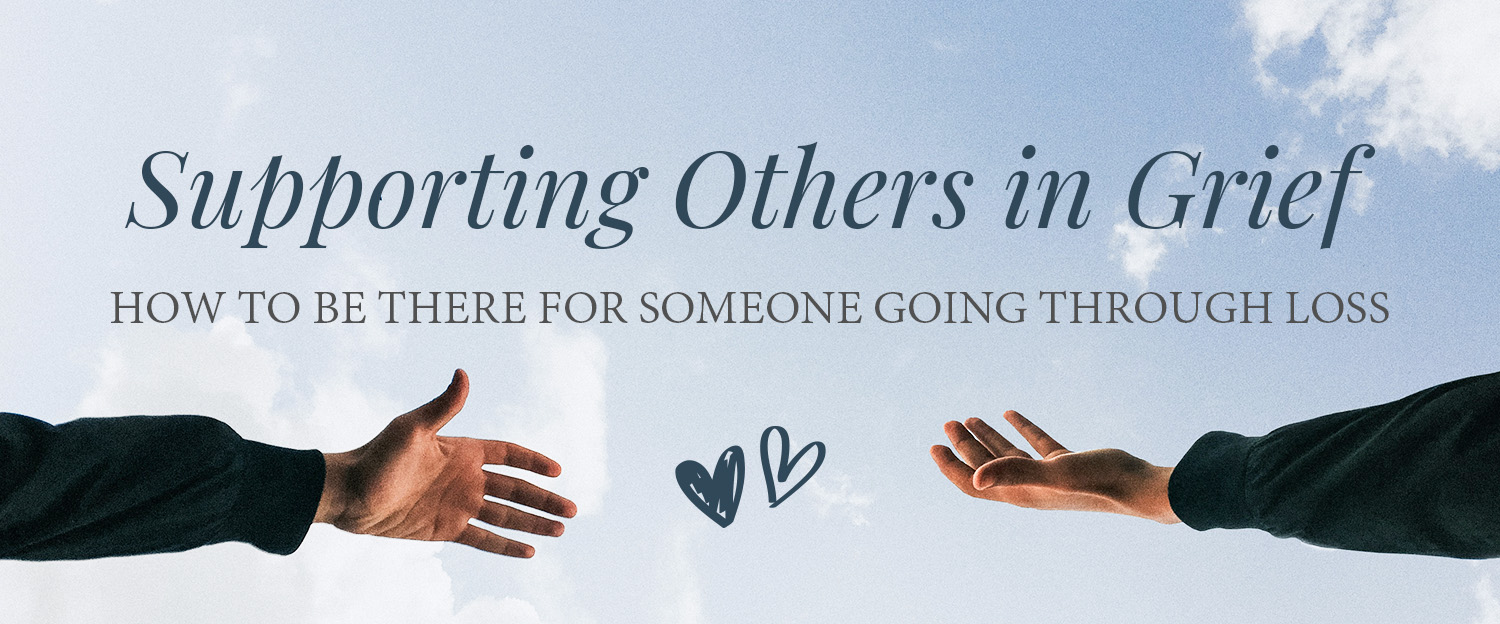
 Be Present and Listen:
Be Present and Listen: Offer Practical Assistance:
Offer Practical Assistance: Validate Their Feelings:
Validate Their Feelings: Be Mindful of Anniversaries and Special Dates:
Be Mindful of Anniversaries and Special Dates: Meaningful Gifts of Support:
Meaningful Gifts of Support: